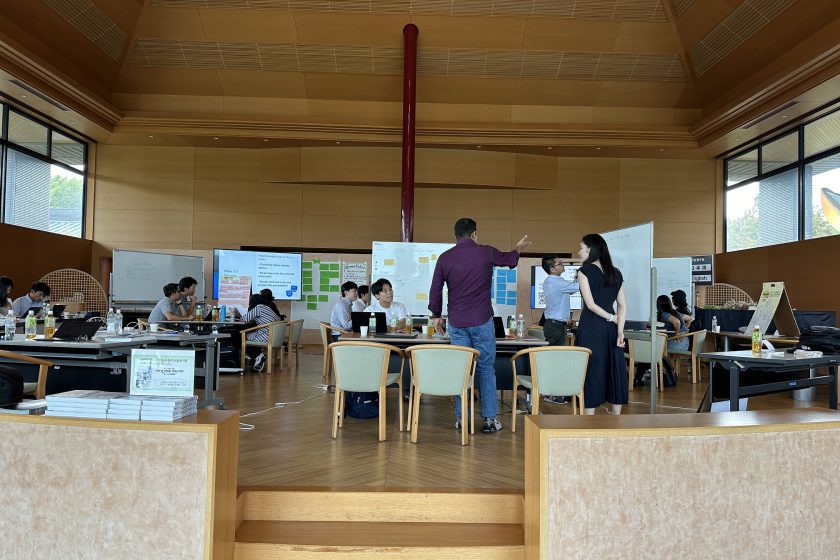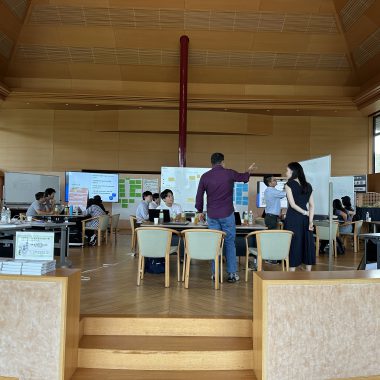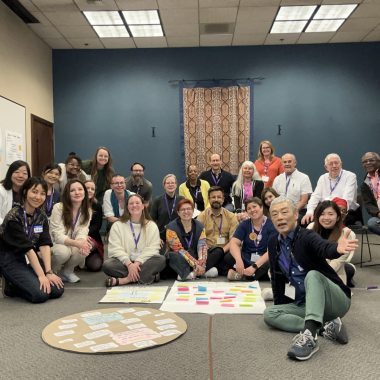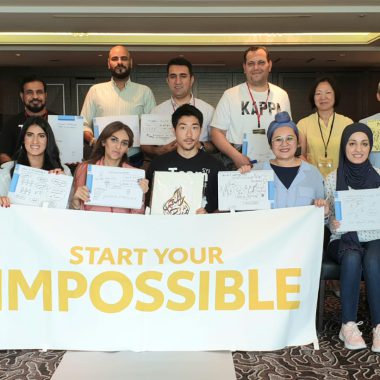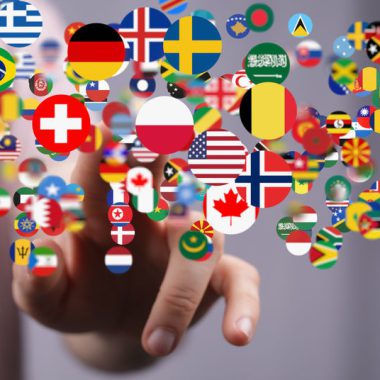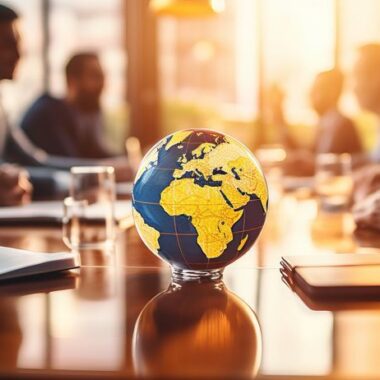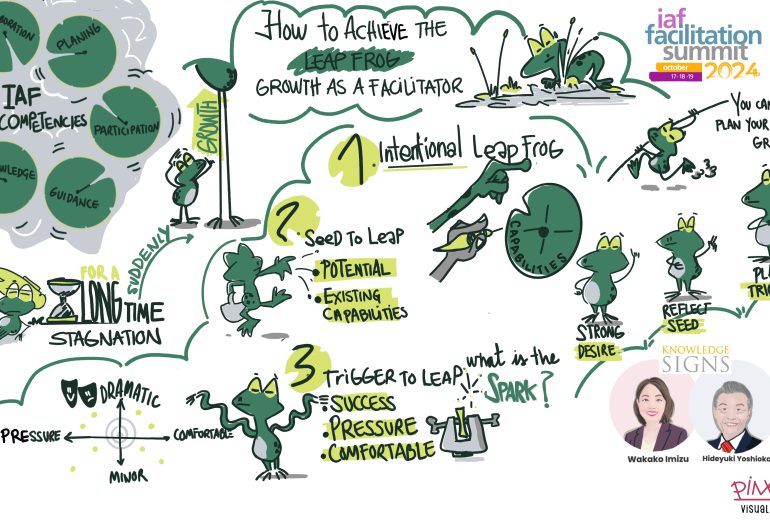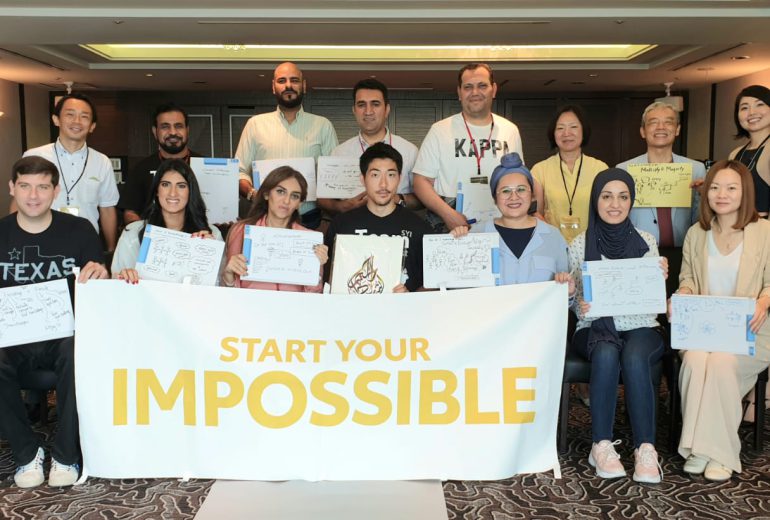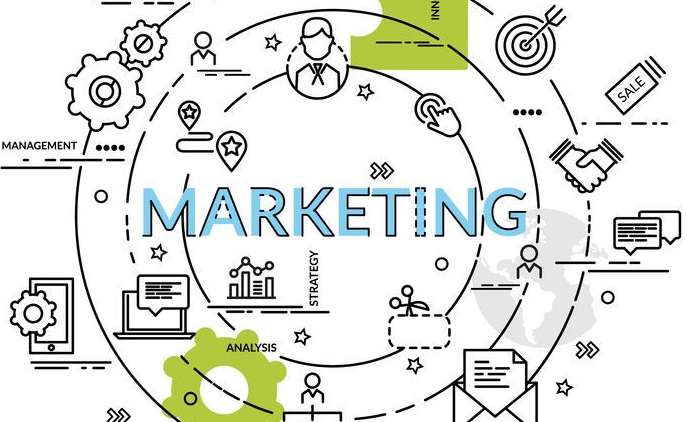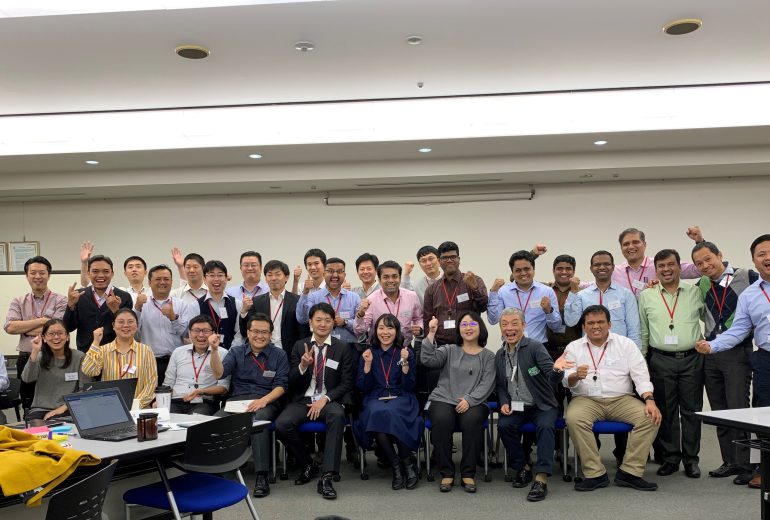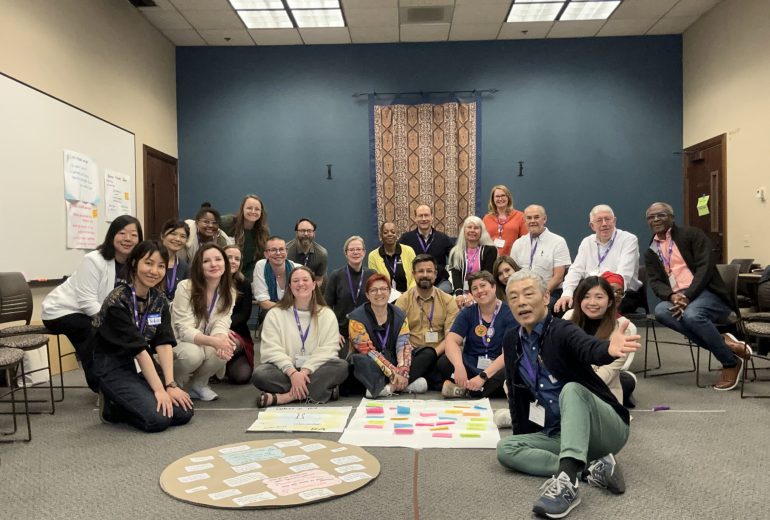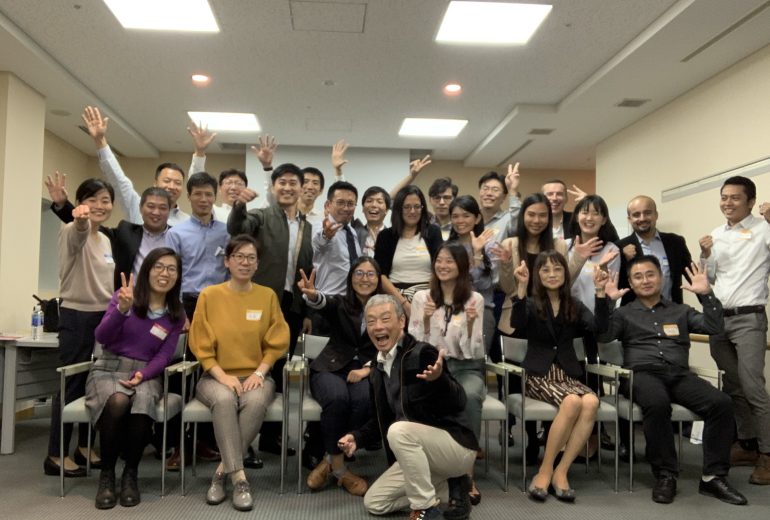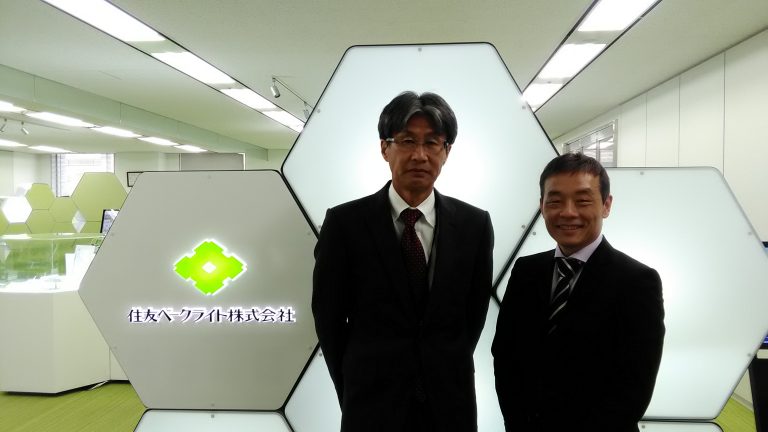This post is also written in the following language:
![]() 日本語 (Japanese)
日本語 (Japanese)
In September 2024, JICA (Japan International Cooperation Agency) hosted “Matsumoto Juku,” an international training program for Japanese and foreign next-generation leaders to discuss climate change, energy issues, and cooperation between developed countries and emerging/developing countries. And Hideyuki Yoshioka, CEO of Knowledge Signs facilitated.
This training program was designed at the initiative of Dr. Hiroshi Matsumoto, who has served as the 25th President of Kyoto University, President of RIKEN, and as a government commissioner, and is currently the Director of the International Institute for Advanced Studies. Dr. Hiroshi Matsumoto associates with JICA’s Social Infrastructure Division that was seeking ways to support emerging and developing countries toward energy transitions based on breakthrough technologies, as well as ways to address the international brain circulation.
18 participants from 8 countries get together to discuss world-wide scale social issues
Dr. Matsumoto highlights the concern as
“Many young Japanese researchers focus only on their own themes, but they do not have a big-picture view and thought on how they can change the world with their work, and they do not engage in fundamental discussions. There is little interaction between researchers in the liberal arts and sciences fields. Why don’t we gather promising graduate students and set up a forum for free discussion with foreign researchers of the same generation?”
Based on this awareness, a total of 18 people, eight graduate students in the liberal arts and sciences fields from Japanese universities and 10 long-term trainees from Indonesia, El Salvador, Kenya, Bangladesh, Bhutan, Vietnam, and Malaysia, gathered at the International Institute for Advanced Studies in Kyoto for a five-day program.
This program applies the similar way of Climate Citizens’ Assembly, which has become popular internationally in recent years.
Firstly, the participants have the input, lectures to learn the current situation of climate change issues, the latest technologies for environmental measures, and other specialized knowledge from experts in various fields. And they transformed into output through debates, discussion and presentations about how to address the world-wide social issues.
During the first three days of the five-day event, 10 experts from various fields, including university professors, experts from the private sectors, and specialists from industry associations, gave lectures based on concrete data on climate change, environmental measures, the forefront of new energy development, and various other latest innovations.
In parallel with the lectures, participants were divided into groups and had debate sessions on two different positions as the output in response to the input.
The second half two-day session focuses on output. Each group discusses how to address world-wide scale social issues such as climate change, and comes up with an action plan on a policy advocacy scale. The planning process takes almost one full day, and at the end of the fifth day, each group presents its plan.
Knowledge Signs facilitated these two days of discussions and presentation sessions.
How to ensure the quality of the discussion and outputs
Group assignments were made with diverse members from different countries, areas of expertise, gender, age, and career so that we embrace the diversity of values, knowledge, and environments.
In order to ensure the quality of discussions, we imposed five specific requirements on the Action Plan, as follows.

Since discussion in such a training circumstance is a good opportunity to learn how to weave a constructive discussion, we divided the total of five hours of discussion on the plan formulation into five phases. The process was designed to gradually mature the discussion with the concepts of divergence and convergence in facilitation.

How to draw out the strong commitment of each individual through the group activities
In such cross-cultural group situation, the vocal participants tend to dominate the discussion, while less English conversation skilled participants tend to be hesitant. To ensure the equal contribution of all participants, we set a rule that they rotate the facilitator’s role in each phase of the discussion so that each participant must play the role of facilitator at least once. And we simplified the role of the facilitator, so that each one could be responsible to fulfill facilitator’s role as follows, without specialized knowledge of facilitation.
‣Encourage equal participation by each person
‣Time management.
‣Remind participants on track for the agenda to be addressed in each phase
Furthermore, the rule suggests that all participants should be equally responsible for some role in the presentation, not one or two persons dominate.
The objective of this training program is to foster next-generation leaders who will be responsible for planning and implementing measures to address world-wide scale social issues in the future. Therefore, we asked the participants to think about their own growth goals over the next two days so that the process of creating an action plan would lead to their own growth.


Develop global leadership through a workshop under the cross-cultural situation
In addition, from a leadership perspective, we asked each participant to think about how they could support each other’s growth goals.
In group training in such a cross-cultural environment, it is important to build teams and develop leadership skills throughout the training process.Especially when we discuss world-wide scale social issues such as climate change, it is important to cooperate with each other, overcoming differences in interests and values.
In this program, each group represents a small world, with a mix of gender, age, background, areas of expertise, and developed and emerging/developing countries.
Under such an environment, working earnestly to create common outputs while embracing the advantages and difficulties that come from diversity is excellent global leadership development.


In facilitation design, I made it clear the specific image of what kind of growth story would be drawn through the entire process and laid out the optimal process. And I facilitated the group to help them grow spontaneously while being conscious of even the slightest change in the atmosphere so that I would never miss the great opportunity to grow.
JICA is committed to providing opportunities for ongoing communication among the participants and long-term leadership development, and plans to hold similar events on a regular basis in the future.
Facilitator
- Hideyuki Yoshioka CEO of Knowledge Signs Inc.

As a professional facilitator, Hideyuki has crafted unique methods of facilitation and consulting. Hideyuki has been involved in professional facilitation for over 20 years and facilitated almost a thousand times of meeting.
Hideyuki always commits very critical meetings that require critical outcomes as enterprise mid-term strategies, organizational development plan, digital transformation plan.
And also has plenty of experiences to facilitate cross cultural group.
Hideyuki is always influential to facilitator’s community in Japan as a spearhead to lead new challenges.
Hideyuki has conducted original workshops in IAF Asia conference for three years in a row since 2014.
■Certification
IAF CPF(Certified™ Professional Facilitator)
Language: Japanese, English
Available: Japan, Singapore, Hong Kong, India,other areas in Asia, North America, Eu
(Author, Hideyuki Yoshioka)

